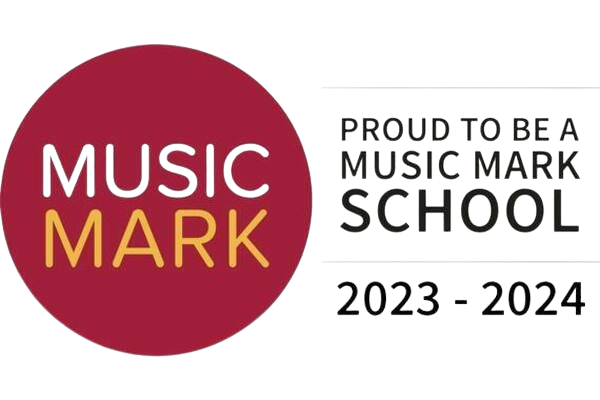British Values
Our promotion of British values in school
The government set out their definition of British values in the 2011 Prevent Strategy. These were reinforced in September 2014 due to recent events. These new regulations will sit alongside the requirements of the Equalities Act, which also applies to all types of school.
Schools will be expected to focus on, and be able to show, how our work with pupils is effective in embedding fundamental British values.
Promoting British values at Frinton On Sea Primary School
We agree with the Department for Education’s five-part definition of British values:
- Democracy
- The rule of law
- Individual liberty
- Mutual respect
- Tolerance of those of different faiths and beliefs
At Frinton on Sea Primary School, children will encounter these principles throughout everyday school life through our promotion of spiritual, moral, social and cultural understanding.
Listed below are some examples of how we promote these values in our school community:
Democracy
Pupil voice is significant in regards to life at Frinton on Sea Primary School. Our pupil elected school council plays a strong role in our school. They are elected by their class peers and are involved in making our school a better place to learn. Children have a great amount of input in regards to what and how they learn, which promotes pupil voice. For example, the pupils decide as a class how they would like to learn certain skills in subjects and this is used to inform the teacher’s planning.
Pupil questionnaires and interviews are also conducted throughout the year, as part of our monitoring cycle. We know that the formation of the school council and the active participation of our pupils will sow the seeds for a more sophisticated understanding of democracy in the future.
The Rule of Law
Our children will encounter rules and laws throughout their entire lives. We want our pupils to understand that whether these laws govern the class, the school, the neighbourhood or the country, they are set for good reasons and must be adhered to.
This understanding of the importance of rules will be consistently reinforced through assemblies and our curriculum. The involvement of our pupils in the creation of the school rules helps them to understand the reasons behind the rules and the consequences if they are broken. Through philosophical enquiry in our P.S.H.E., we allow opportunity to debate and discuss the reasons for laws so that children can recognise the importance of these for their own protection. Throughout the year we welcome visits from members of the wider community including police, the fire service, NSPCC, church members, authors and other professionals. We believe that clear explanations and real life stories emphasise the importance of the rule of law for our pupils.
Individual Liberty
We invest a great deal of time in creating a positive culture in our school, so that children are in a safe environment where choices and freedoms are encouraged. In lessons, learning tasks are often left for the child to decide upon, using our ‘chilli challenge’ system. We encourage children to choose the task that will challenge them, giving them more freedom to determine their own learning. We offer a range of clubs which pupils have the freedom to choose from, based on their interests. Through our E-Safety and P.S.H.E. sessions and The PACS Project, we educate children on their rights and personal freedoms as well as supporting them in recognising how to exercise these freedoms safely. At Frinton on Sea Primary School, we believe that valuing choice and freedom in daily school life will foster a value for individual liberty as the children embark upon their adult lives.
Mutual respect
Mutual respect is at the core of our school life. Children learn to treat each other and staff with great respect. This is evident when walking around the school and in the classrooms. Our motto and this partnership is seen throughout the various relationships between students and staff.


